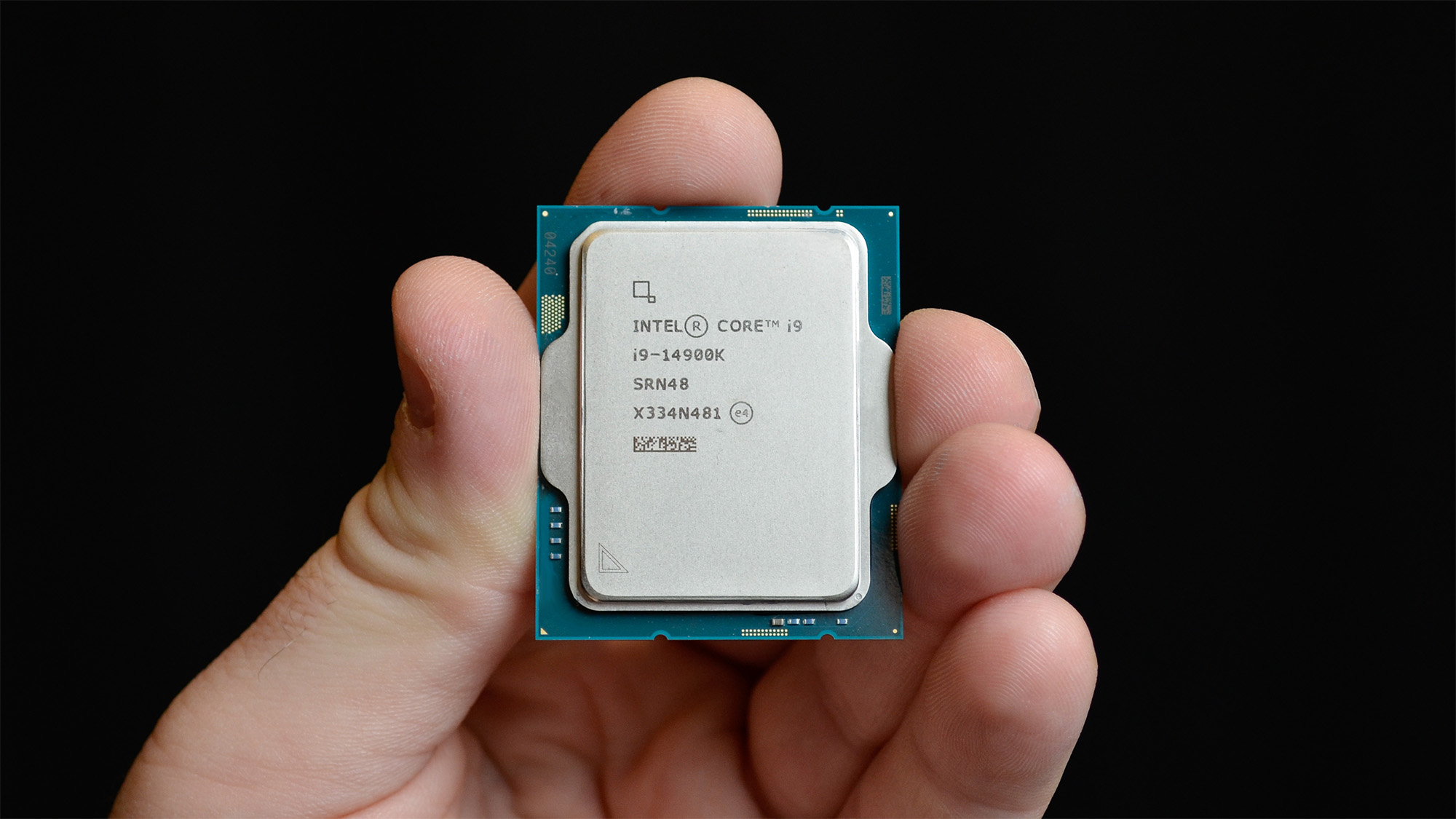
It seems Intel could have canceled its rumored Beast Lake processors, including a Beast Lake Refresh CPU that could’ve been a dream chip for PC gamers, as well as the whole ‘Royal Core’ project those CPUs were major parts of.
Moore’s Law is Dead (MLID) on YouTube has a new video about Beast Lake, with info from an insider at Intel (high up at the company) who confirmed the purported range of Beast Lake CPUs has been killed off, and it was canceled earlier this year (as MLID already told us).
MLID shares fresh details here, including that Jim Keller leaving Intel (the chief of Intel’s chip team, who departed back in 2020) didn’t do Beast Lake any favors. That’s a new wrinkle in this whole tale, because previously, as far as we were aware, Royal Core was still going at Intel, even when Beast Lake had been killed.
All this was apparently the decision of Intel CEO Pat Gelsinger, according to the source MLID spoke to, who apparently believed Intel doesn’t need to focus so much on high performance cores anymore – and CPUs only need to be ‘roads’ that connect AI chips (essentially, beefy GPUs).
That’s a very high-level, broad perspective, of course, but we’re told that Royal Core was costing a lot of cash to develop, and Intel had cutbacks to make – so the theory is it no longer made sense. Beast Lake, based on Royal Core – actually Royal Core 1.1, with Nova Lake before it introducing Royal Core 1.0 – also fell by the wayside.
Intel Beast Lake Specs Leak: Pat KILLED this 6C/24T Monster! – YouTube

Watch On
Okay, okay, so let’s take a step back here for a second. What is, or was, Royal Core exactly? According to MLID, it was Intel’s plan to replace hyper-threading (which is apparently getting the elbow with next-gen Arrow Lake) with a very different way of working. Instead of cores that can be split into smaller threads (virtual cores), this is going in the other direction – it’s (kind of) cores that can be stacked together into giant high-performance cores.
Keller’s (apparent) big idea with Royal Core was wrapped up in so-called Rentable Units, of which these giant performance cores comprised.
The theory being that a giant performance core could offer towering single-core performance, but could be split into those smaller Rentable Units (RUs) if better multi-core performance was required. So the CPU could morph, if you will, into whatever was the most suitable form: massive high-speed cores, or many more cores for multi-core tasks.
The eventual vision for Beast Lake Refresh (in 2028, or Beast Lake Next as the leaker calls it) was for a flagship with six of these huge performance cores, each of which could be split into 4 RUs if needed (giving a maximum of 24-threads effectively). This was the full realization of Royal Core (v2.0), whereas Beast Lake itself would split into 2 RUs, we’re told (so the follow-up was much more ambitious).
So, with Beast Lake Refresh you could have a 24-thread CPU (with all cores split as mentioned), or just six big cores (which would be immense for gaming PCs), or combinations in-between, such as four big cores, plus eight split RUs – kind of mirroring the performance plus efficiency cores in the hybrid architecture Intel uses now.

Analysis: A Tyrannosaurus Rex that dwarfed Raptor Lake
How performant would the Beast Lake Refresh flagship CPU have been in its six huge cores mode? MLID informs us that it would have had over double the IPC (Instructions Per Clock) compared to Raptor Lake, Intel’s last-gen processors (and Raptor Lake Refresh wasn’t much of an improvement, by and large, with one notable exception).
That is absolute huge – massive amounts of salt added, naturally – so you can see the scale of the potential loss to PC gamers here.
All is not quite lost, though. Obviously MLID may have things wrong here (or his sources might), and the YouTuber does admit that it’s possible Rentable Units could be resurrected at some point by Intel. Team Blue has all the tech and patents in place, and has done a fair bit of work going down this avenue already, by all accounts – so it can’t be ruled out for the future.
Right now, though, if MLID is to be believed, it’s a rocky picture at Intel, with the CEO pivoting rapidly to try and catch up and accelerate AI development, having to push the Royal Core project to the side as a result. Did we say add more salt already? Yes, this should be a very well-seasoned rumor, in case that wasn’t abundantly clear – but it’s nonetheless a fascinating glimpse at some of what might be going on behind the scenes at the chip giant.
You might also like
- Panther Lake CPUs are officially alive – and Intel has shared its plans
- What is a processor: Your CPU explained in plain terms
- These are all the best cheap graphics card deals
